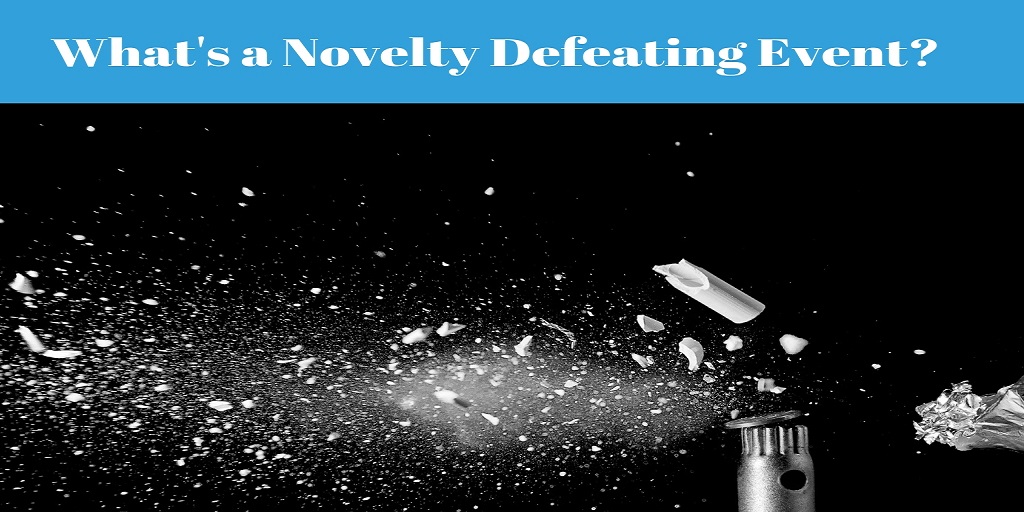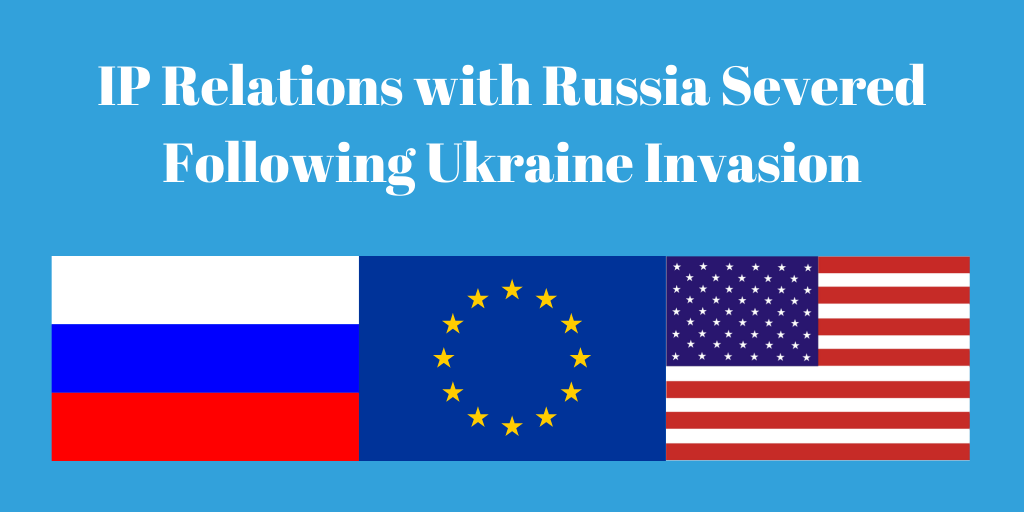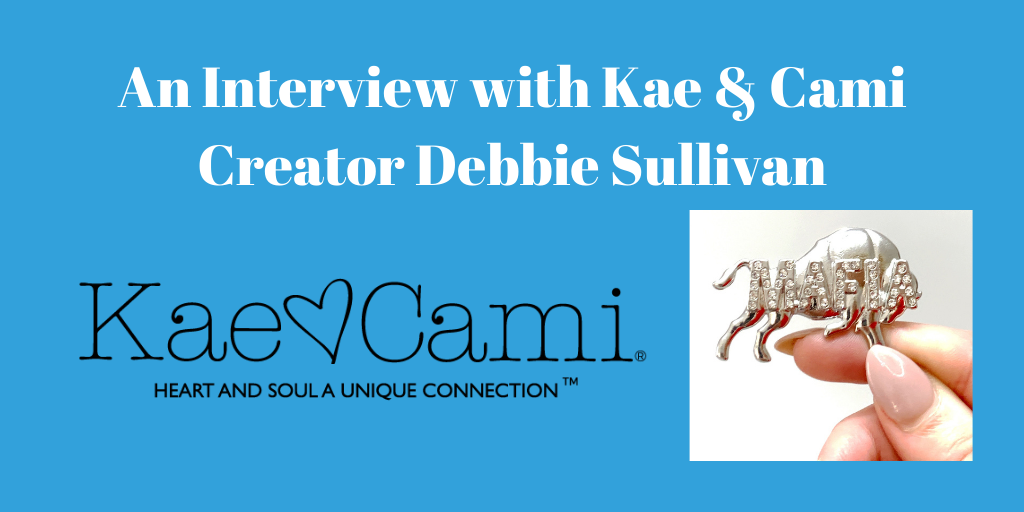What’s a Novelty Defeating Event?
Are you an inventor or someone with an invention? If you are, then this article is for you.
Inventions help us advance as a society and can promote social benefit. But making an invention is not cheap. A lot of time, labor, and resources probably went into making the invention. So an inventor would probably want to protect the invention somehow and recoup his or her losses. That then begs the question: What’s the best protection for your invention?
The answer is probably patent protection.
Patents are probably one of the strongest forms of protection you can get for your invention. A patent grants the patent holder the right to exclude others from making, using, selling, offering for sale, or importing into the United States the same or similar invention or a device covered by the patent. This right lasts about 20 years or so.
With the right to exclude others from making the same or similar invention, the patent holder essentially has a monopoly over that invention. But getting a patent for an invention is no easy feat and there are several statutory requirements that must be satisfied before a person can obtain a patent on their invention.
One of these requirements is that the invention must be “new” or novel. More specifically under 35 U.S.C. § 102, a person shall be entitled to a patent unless—
(1) the claimed invention was patented, described in a printed publication, or in public use, on sale, or otherwise available to the public before the effective filing date of the claimed invention; or
(2) the claimed invention was described in a patent issued under section 151, or in an application for patent published or deemed published under section 122(b), in which the patent or application, as the case may be, names another inventor and was effectively filed before the effective filing date of the claimed invention.
If the invention is not considered novel, it cannot be patented. Several events called novelty defeating events can cause an invention to be considered non-novel. Let’s explore them in a little more detail, starting with the on sale bar.
What’s an on sale bar?
As mentioned in 35 U.S.C. § 102, “a person shall be entitled to a patent unless the claimed invention was … on sale.” This simply means that if an inventor sells his or her invention and the inventor waits too long to get a patent on it, the invention itself is no longer considered novel. Basically, if you sold your invention prior to filing for a patent on it, you must file a patent application in a certain amount of time from the sale date to preserve your rights. If you do not, the sale will be considered a novelty defeating event and the invention is no longer patentable.
Offering the invention for sale may also be enough to constitute a novelty defeating event.
So that’s an on sale bar. What about public use?
An invention that is in public use may also be considered not novel. Public or public use can be a little open ended so let’s use a concrete example.
Imagine that an oil company creates some device or process to extract oil from the ground. The oil company is using the device or process without getting a patent on it in an open field where everyone can see without restriction. This may count as a public use. If the oil company does not file a patent in a timely manner after using the invention in public, the use may count as a novelty defeating event. Another example could be that you invented a new invention and you give it to a friend. You don’t limit the use of the invention in any way and allow the friend to do as they please with the invention before you file a patent application for the invention. This would also mostly count as a public use and would mostly be a novelty defeating event.
Ah I see, and what about printed publication?
Informing the public about your invention could also count as a novelty defeating event. Probably the most concrete example of printed publication is if an inventor creates a new invention and then discloses about his invention in a scientific article. The scientific article gives schematics as to how to make the invention and the article can be accessed by anyone interested. If a patent is not filed in a timely manner after disclosing the invention to the public, then the disclosure will count as a novelty defeating event.
How can you protect your invention then?
To ensure that your rights are protected and that novelty defeating events do not occur, it’s usually best to consult a patent lawyer about your invention before disclosing the invention to anyone else. Patent lawyers are familiar of what may or may not count as a novelty defeating event and what remedial measures are available.
Losing your patent rights can be a significant loss. That could potentially be a monopoly gone out the window. So it’s always a good idea to get the proper protection for you invention.
What do you think about novelty defeating events? Leave a comment below to let us know what you think!
Interested in more intellectual property? Here’s a video!
Sign up today!
Does this article interest you? Subscribe to the LoTempio Law email newsletter to receive posts and updates just like this conveniently in your email box!
If you’ve enjoyed this blog post, we have lots more where this came from, including an Inventors Guide Video Series where we help you turn your good idea into a profitable invention, and tons of other great content. Simply enter your email address and hit sign up and you’ll get everything, including blog posts like these, conveniently in your email box!
Have any questions? Give us a call at 1-800-866-0039. Consultations are FREE.
Disclaimer: This article is not legal advice. It is only for educational or entertainment purposes only. Please do not use the article or contents of the article without permission. For legal advice and questions, please contact registered Patent Attorney Vincent LoTempio.





